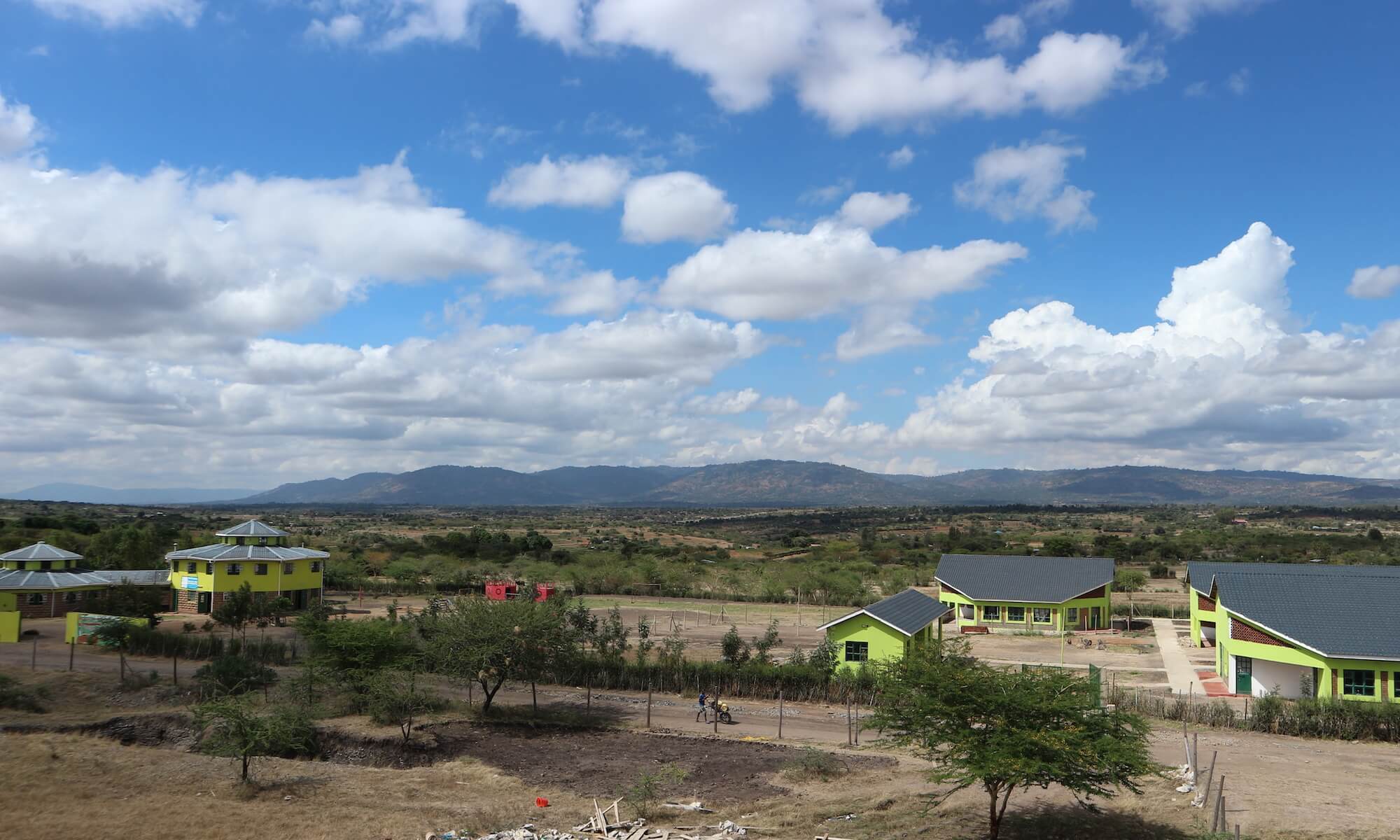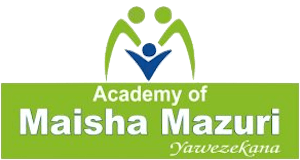Every time we visit Maisha Mazuri, we not only take away enriching impressions, but above all try to make our contribution by working together with our Kenyan team on site to make improvements.
In October 2025, the Academy of Maisha Mazuri Senior Secondary School, located on the MCC campus, was the focus of our stay.
As always, the atmosphere on campus was extremely warm and welcoming. There was a good vibe everywhere; teachers and students work together as a well-coordinated team. A lot has changed on the outside too: the school garden is in bloom, the classrooms look much tidier—even if there is still room for improvement—and the school bakery is bustling with activity. The smell of freshly baked rolls wafts across the grounds, and their sale is now generating a small income.
The idea of using darker and more nutritious flour in the future seems to be gradually gaining acceptance.
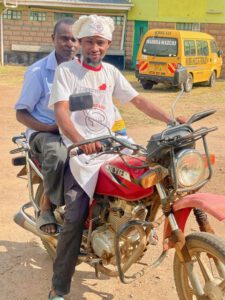
When you meet people on the dusty roads around the school, they thank you kindly. Households in the village community are supplied with clean well water – from the Maisha Mazuri well, which is located right next to the secondary school boarding house. This is another small but important source of income for the Children’s Center and the school.
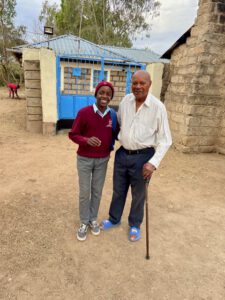
A special highlight was attending Sunday service, which takes place in a classroom. It is largely organized by the religious students themselves: they pray, sing, dance, and laugh – often all at the same time. It is a joyful, significant event for them and a moving moment for us guests.
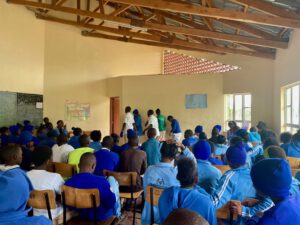
So you might think everything is fine. Were it not for the upcoming exams in the next few weeks.
It’s exam time for grades 10 to 12, and the interim results from the summer have caused some concern. This reveals a weak point that the team on site urgently needs to work on.
In order to develop strategies for improving performance, we not only held intensive discussions at the Maisha Mazuri site, but also visited the Matungulu Girls Secondary School in the area.
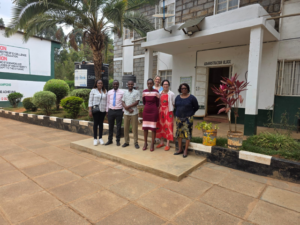
From this state-run girls’ boarding school, we took away the impulse to focus even more strongly on performance and to motivate the students with energy and enthusiasm to develop their ambition. The goals can be set more ambitiously.
At Matungulu School, for example, specific targeted exam grades are prominently displayed everywhere, and everything else is subordinated to them. Teachers demand the utmost discipline.
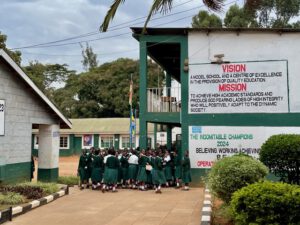
However, whether it is necessary to get up at four in the morning, rush from classroom to classroom so as not to lose a single minute of learning time, and only finish the day after 18 hours with little free time is open to question. The fact is that this is exactly what happens at this high school with around 1,000 students – and it is astonishing.
In contrast to state schools, the country’s private schools are still in limbo, as the Kenyan government has not yet finalized the new roadmap for 2026. The government’s hesitant approach is slowing down our school management and teachers in developing a clear overall vision and new priorities.
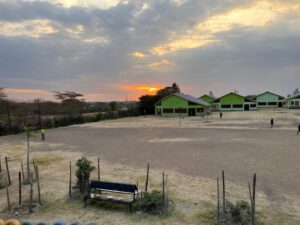
Nevertheless, our principal Nicholas Lubisia and his deputy Arriet Nyatichi are optimistic about the enrollment figures for the coming school year, which begins in January. The open house in the first half of 2025 attracted many interested visitors.
After a fulfilling week, we left with the conviction that our dedicated team on site will start the new school year motivated, competent, and with the right vision—as soon as the framework conditions are finalized.
